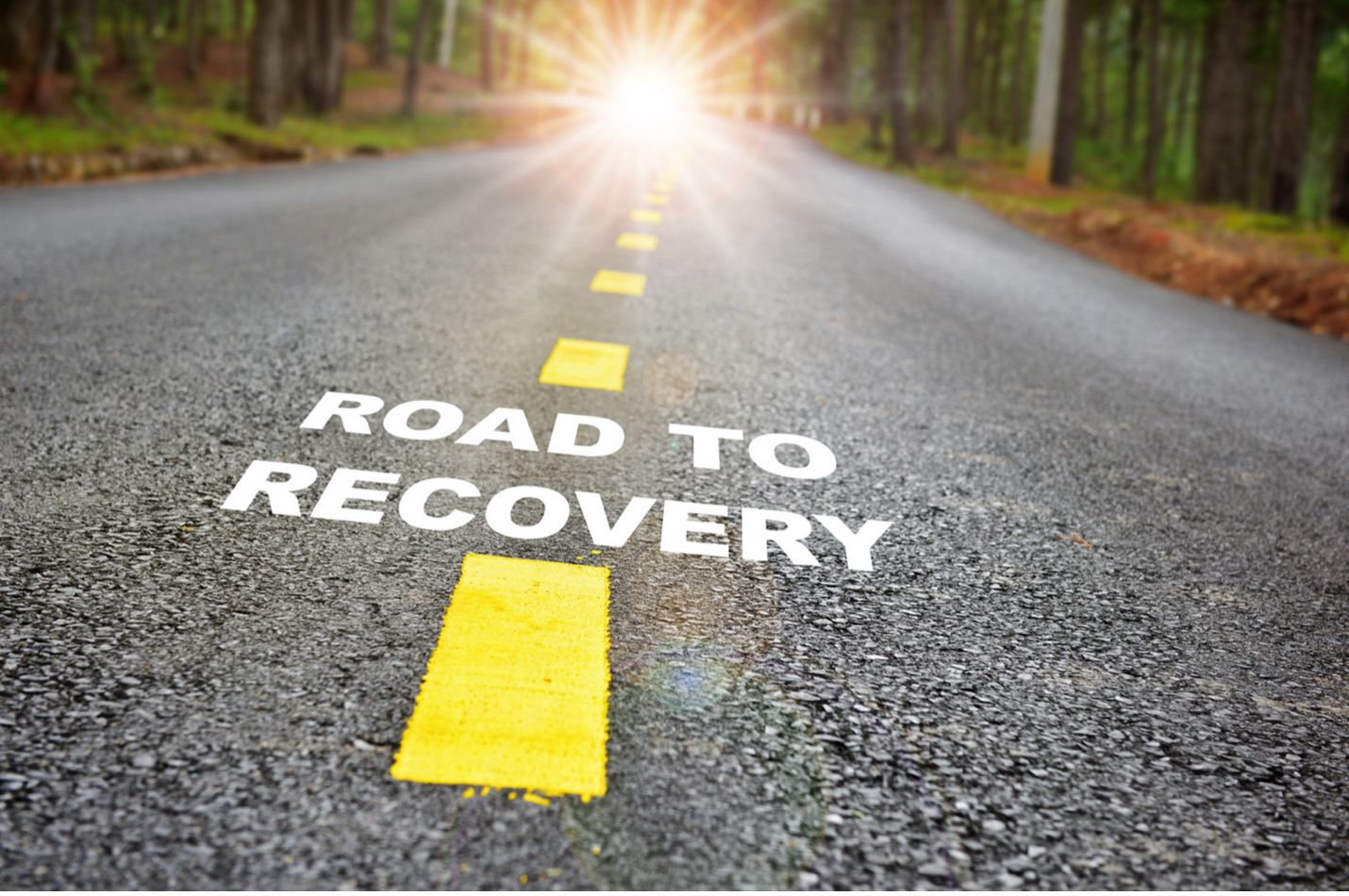September is National Recovery Month, an annual event that promotes evidence-based treatment and recovery practices. The District of Columbia reported a provisional 590 drug overdose deaths in the twelve months ending March 2023. The city also has one of the highest age-adjusted overdose death rates in the country with 63.6 deaths per 100,000 persons in 2021, nearly double the national rate of 32.4. The District’s surge in opioid overdose deaths—rising for the fourth straight year to 461 opioid-related fatal overdoses in 2022—is largely attributed to the spread of fentanyl and its analogs. Deaths due to opioid use disproportionately affect the District’s Black community, particularly black males 40 to 69 years of age, with most deaths occurring in Wards 5, 6, 7, and 8.
What can you do as a DC Medicaid provider to support District residents seeking recovery from mental and substance use disorders? Through Integrated Care DC, you can request free individualized practice coaching (and use our on-demand resources) to help you integrate:
- Behavioral health and primary care (Primary Care Behavioral Health Learning Series)
- Behavioral health into managed care (Managed Care Readiness Workshop),
- Screening for mental health and substance use (Learning Library: search “screening”)
- Medication-assisted treatment for opioid use disorders (Spotlight: The Ark of DC).
- Other services or processes using change management strategies to fit your needs.
On September 7-8, you can also participate in a free training sponsored the DC Department of Behavioral Health, in collaboration with the Substance Abuse and Mental Health Services Administration (SAMHSA), on Clinical Guidance for Treating Pregnant and Parenting Women With Opioid Use Disorder and Their Infants. The two-day virtual course is based on SAMHSA’s Clinical Guide, which helps professionals and patients with opioid use disorder make clinically appropriate and individualized treatment decisions to promote the best outcomes for patients and their infants. Registered participants will be emailed a link to join the Zoom sessions one to two days prior to the training. Access to a Continuing Education (CE) certificate for Counseling/Social Work will be available through the DBH Training Institute.
How else can you support recovery efforts in the District?
- Participate in LONG. DC., a comprehensive multi-sector stakeholder effort to end the District’s opioid epidemic.
- Visit DC Health’s MyRecoveryDC for stories and to find treatment and recovery services.
- Create pathways to identify and connect patients to treatment and recovery support, such as DC Hospital Association’s Hospital-Based Peer Support Services Program.
- Spread the word about how to obtain and use naloxone (NARCAN©) to reverse an opioid-related drug overdose. Naloxone is available at no cost and with no prescription or ID at pharmacies and community sites across the District and by mail.
- Review opioid overdose trends to track and address opioid misuse in the District.
- Explore SAMHSA’s Evidence-Based Practices Resource Center for more tips and tools.

